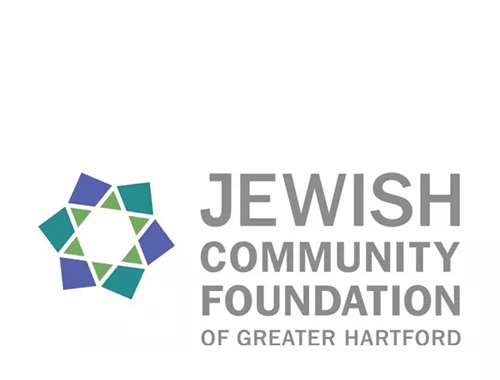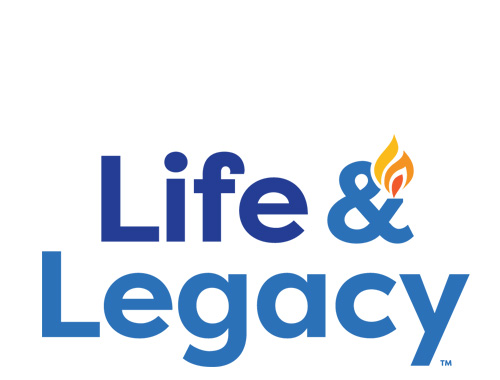“100 days of ______.”

By: Rabbi Jonathan (Yoni) Berger
“100 days of ______.” In January or February of any other year, if you ask an educator to fill in the blank, you will get one joyful answer: “100 days of school.” Younger grades often celebrate the 100th day of school in creative and exciting ways. Students may bring in 100 objects, or find creative ways to represent the number; they learn about place value, and celebrate how far they’ve come since the first day of school. This year, Schechter’s 100th day of school will be marked next week, and our classrooms will be full of joy.
But this year, all of us who are connected to Israel probably have an additional answer on our minds: “Captivity.” Only weeks ago, on January 14th, we marked 100 days of captivity for the remaining 130+ hostages who were violently seized from Israel on October 7 and have not yet returned home. Their plight represents our worst nightmares, and it’s normal to avoid thinking about nightmares, so there’s a part of us that seeks to avoid thinking about them—but we have to fight that inclination, and do things to keep them on our minds. We may wear a necklace or a bracelet, tape a number to our shirts, follow social media accounts that are dedicated to remembering the captives, or say extra prayers. We can do anything at all—except allow ourselves to forget.
The costs of Israel’s war in Gaza are rising, and the conflict shows no signs of coming to an end. Reasonable people—reasonable lovers of Israel—can disagree about the way the war has been waged, the choice of weapons that have been deployed, what the long-term solution should look like, or whether there is even hope for a long-term solution. All of us can agree on one thing: we cannot forget the hostages, and we cannot let their families feel forgotten.
The near-juxtaposition of these 100-day milestones highlights an emotionally demanding Jewish imperative: right now, we must strive to feel both gratitude and anguish every day. Our Torah insists on the importance of gratitude for the many blessings in our children’s lives, for our children’s learning and growth and friendships. So many mitzvot (elements of Jewish practice), especially Jewish prayer, are designed to help us feel grateful. We have a religious responsibility to appreciate our blessings. And at the same time, as Jews and as human beings, we need to remember the pain others are suffering, and feel it with them.
This need to simultaneously celebrate and mourn is actually a familiar one in Jewish life. We break glasses at weddings. And in our Torah reading cycle, we just finished hearing the story of the Exodus from Egypt, which includes the fundamental ingredients of the Pesach Seder, such as matzah and maror(bitter herbs). Those symbolic foods are meant to help us immerse ourselves in both slavery and freedom. At the Seder, we say that in every generation, we are obligated to look at ourselves and imagine that we had left Egypt—in other words, as if we experienced both suffering and liberation. And in Maimonides’ version of the Haggadah, we are obligated to demonstrate that we left Egypt; we are supposed to publicly display both the bitter and the sweet. We are supposed to feel it all at once.
Being members of the Jewish community should not keep us from recognizing the suffering of the people of Gaza. The severe food shortage, lack of access to medical care, destroyed housing—even if we see them as inevitable or justifiable consequences of the war Hamas started, we may not harden our hearts to the pain and hardship Gazans are enduring. But our first responsibility is to the innocent hostages, and to soldiers whose ultimate role is to protect the State of Israel. On an individual level, I encourage you to do something: wear a necklace or a bracelet, follow social media accounts related to the hostages, say extra prayers, etc. On a communal level, I hope that we continue to support and attend events that call attention to the plight of the hostages, and Israel, at this crucial time.
One way of expressing the difference between the two, very different “100 Days” milestones is this: we want our days of joyful learning to increase and increase; we want the days of captivity to end as soon as possible. May God grant us both of these prayers—and help us find a way to bring an end to this conflict, and peace to the region.
Rabbi Jonathan Berger
Head of School
SEARCH HEAD OF SCHOOL BLOG
ARCHIVES
Solomon Schechter Day School
of Greater Hartford
26 Buena Vista Road
West Hartford, CT 06107
© Solomon Schechter Day School of Greater Hartford | Site design Knowles Kreative




